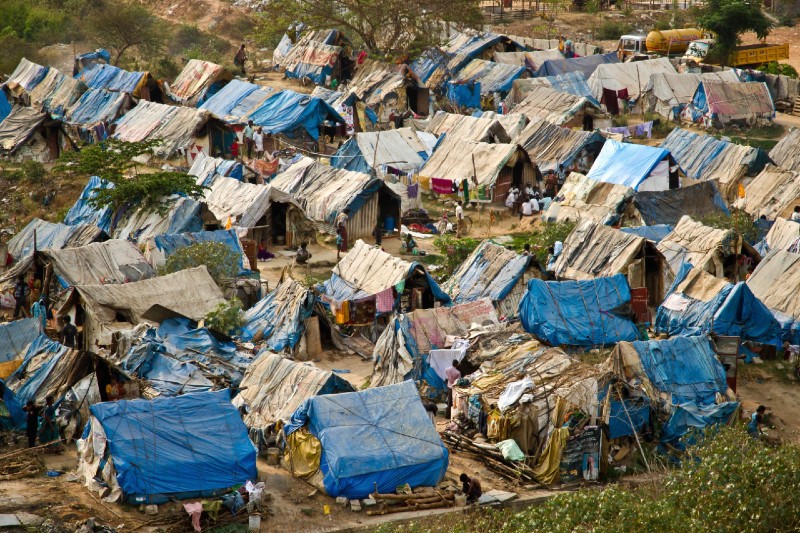Sujatha Ramani, CEO
Currently India is in lockdown till 3 May and Nepal is in lockdown until 15 April. Now, when the need is greater than ever, Pollinate Group is determined and committed to serve the neglected communities who trust us.
Our team, who have been working from home since Monday 14 March, have been frequently connecting with our women entrepreneurs in communities via phone. Team members are also keeping phone communication lines open with community members directly.
What we understand so far…
- There is a major lack of awareness about the virus and the sanitation measures needed to protect communities. Some community members are not even aware the virus exists.
- Almost all informal settlement (slum) and rural communities do not have access to potable water to wash hands.
- Many families already living in extreme poverty are at a complete loss of subsistence wages.
- Women with children receiving education must find and prepare additional meals, to replace the nutritional support usually provided by schools.
- People in India are anxious and confused about not being able to return home to their native villages at this time.
- The informal economy—for instance domestic workers and construction labourers—is suffering.
- Without income or the ability to move, it is a matter of time before the communities we serve will face food and water shortages.
The reality is that people living in poverty cannot afford to self-isolate. Particularly in India’s informal settlements, staying away from large groups of people is impossible.
Should COVID-19 reach the homes of the most vulnerable we will see the inequality gap widen at an alarming rate.
The issues vulnerable communities are faced with in combating this pandemic is fast moving from a lack of awareness about sanitation, to a lack of access to water and food.
Evidence also suggests people with pre-existing conditions, along with the elderly, are the most at risk. However, many people in poverty live with undiagnosed conditions, which makes it impossible to identify who is even more vulnerable.
This is why we must address these communities differently to people who do not live in poverty.
In the eventuality of the disease being spread within the communities, Pollinate Group is ready to act and prepared to remain for the long haul. Our work is too important and too impactful to stop.

Our model and mission is as relevant and applicable as ever, and right now we are mobilizing our trusted network of empowered women entrepreneurs to distribute information that improves health.
At this time we’re approaching this in multiple ways:
Two-way communication
We will continue to work with our women entrepreneurs to enable them to distribute life-saving information about health and hygiene in the hardest-to-reach communities.
To actively help combat the spread of COVID19, we are collecting information on the health of communities, and are preparing to assist relevant authorities with contact tracing.
Fighting misinformation
Misinformation and scams are a challenge around the world. However, the people living in the communities we serve are often overlooked, or the last to be considered, for access to information.
Without access to the internet or contact through field visits, we know our women entrepreneurs and communities are depending on us to let them know they will be okay and to help them make the right decisions for the health of their families. Pollinate Group’s team members will continue to share official updates and actions for improving hygiene.
Related actions
We are already working with our long term partners to navigate this unprecedented event, and we will launch a campaign next month to fund a solution that leverages our strengths to protect vulnerable communities.
We are also seeking to collaborate and connect with relevant groups or taskforces to address public health measures that will not punish already marginalized and vulnerable populations.
It is an unfortunate truth that this may get worse before it gets better and I urge you, if you are in a position to help the helpers, please donate today to improve health in the communities we serve.
For the latest updates on our team, programs and partners please read our position.
If you know of ways to help please contact us.
For further information relating to COVID-19 please see the World Health Organization website.

